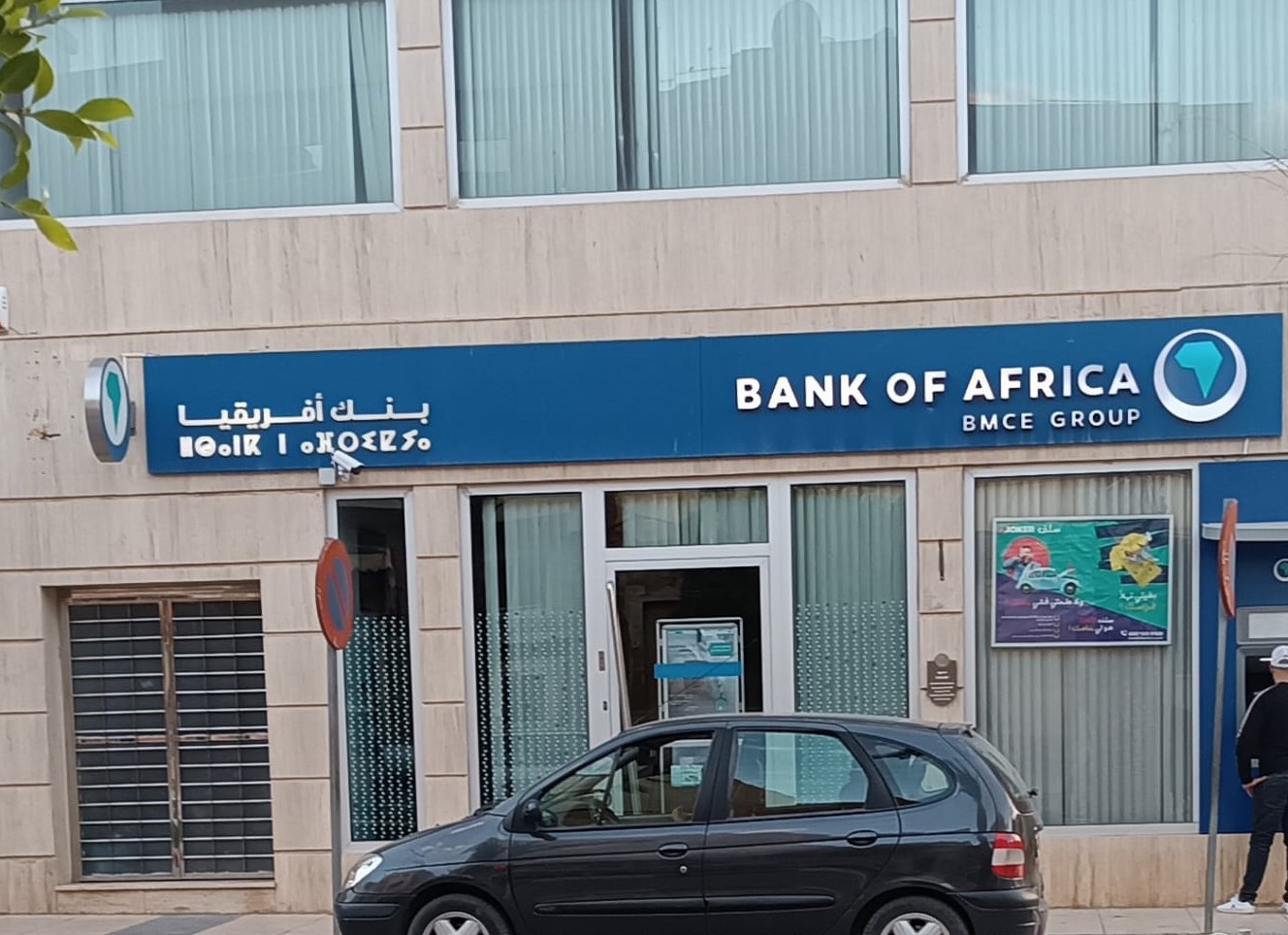Casablanca – Morocco’s efforts to strengthen its domestic infant milk production industry have gained momentum through strategic investments and policy measures outlined by the Minister of Industry and Trade, Ryad Mezzour. The country’s heavy reliance on imported infant milk products has prompted a concerted push to enhance local manufacturing capabilities, leveraging key provisions within the new Investment Charter.
Infant milk production represents a critical sector, vital for ensuring balanced nutrition for children and infants nationwide. Minister Mezzour highlighted the specialized nature of this industry, which demands advanced technological capabilities and adherence to rigorous health standards. While a majority of infant milk products are imported, especially those catering to children over one year old, Morocco’s local manufacturing capabilities, exemplified by “Nestlé Morocco” under the “Nido” brand, signify a growing domestic production base.
The Moroccan government’s initiatives, underpinned by the Investment Charter, aim to foster a conducive environment for investment in the infant foods sector. Specific grants targeting promising sectors, including infant milk production, alongside sectoral and communal grants accessible to all industries, underscore Morocco’s commitment to boosting domestic manufacturing.
Mezzour emphasized the significance of easing conditions for accessing grants, reducing the required percentage for local integration grants to 20%. Additionally, companies involved in these investments benefit from tax and customs privileges during project implementation, stimulating further industry growth.
The Ministry’s approach integrates collaborative efforts between government sectors and the private industry to implement programs supporting investment, research, development, and ensuring a consistent supply of raw materials. The Industrial Innovation Support Program, a cornerstone of Morocco’s industrial strategy, catalyzes research, development, and innovation within the sector, enhancing technological capacity and import substitution.
Looking ahead, Morocco is set to unveil a new roadmap for the food industries sector, developed in partnership with the Ministry of Agriculture and professional federations. This roadmap aims to capitalize on growth opportunities, fostering convergence and cooperation among industry stakeholders to drive sustainable development and strengthen Morocco’s position as a regional leader in infant milk production and related industries.
By prioritizing strategic investments and policy interventions, Morocco is poised to unlock the potential of its infant foods sector, promoting self-sufficiency, enhancing food security, and driving economic growth through innovation and industry collaboration.
















